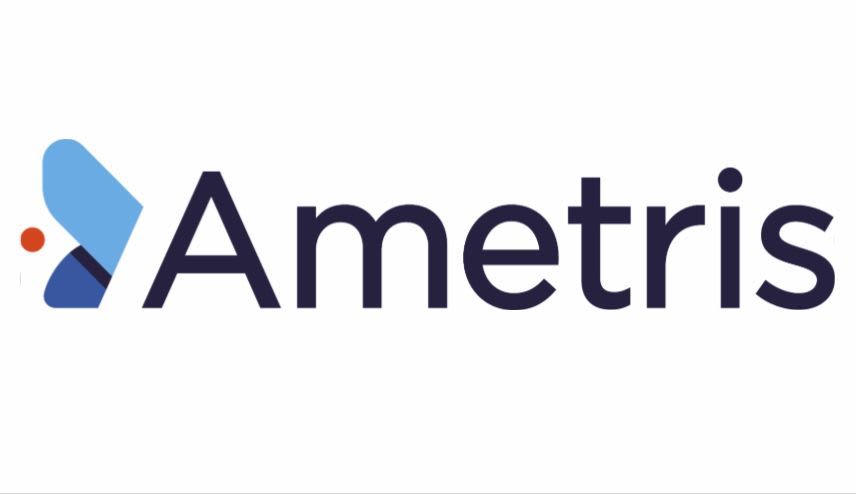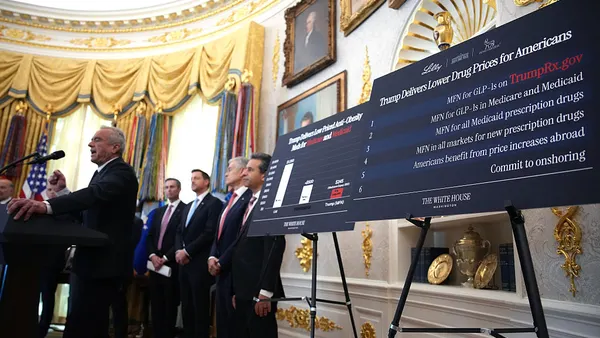Sales of Cobenfy, a new mind-stabilizing medicine, totaled $10 million in the final months of last year, results that fell in line with analyst expectations.
Bristol Myers Squibb, which acquired Cobenfy through its $14 billion purchase of Karuna Therapeutics, gave a first look at the medicine’s launch in an earnings report released Thursday. Cobenfy comes as a capsule. It received FDA approval on Sept. 26 as a treatment for schizophrenia, then launched onto the U.S. market in late October.
By Bristol Myers’ count, the number of filled Cobenfy prescriptions had climbed to around 1,000 per week by the end of January. Chief Commercial Officer Adam Lenkowsky told investors on an earnings call that the “launch is really off to a strong start” and the company has “made very good progress achieving our access goals.”
Bristol Myers has, according to Lenkowsky, secured over 90% Medicaid access and 80% Medicare access. The two government insurance programs represent over 80% of the covered lives in the indication for which Cobenfy is approved, he said.
Sales and prescriptions are expected to grow as doctors get more comfortable with Cobenfy and as Bristol Myers works to widen use. Trials testing it against Alzheimer’s disease psychosis and as an adjunctive therapy for schizophrenia should produce results this year and next. Farther out, Bristol Myers is planning pivotal studies in Alzheimer’s cognition, bipolar I disorder and irritability caused by Autism spectrum disorder.
David Risinger, an analyst at the investment firm Leerink Partners, predicts the launch will continue to do well over the course of this year as insurance coverage expands. In a note to clients, he wrote that recent trends in Cobenfy prescriptions “indicate a strong initial launch.” Risinger and his team have forecast the drug eventually generating close to $8 billion in annual sales.
Unlike all other approved therapies for schizophrenia, Cobenfy calms the brain by activating certain kinds of proteins known as muscarinic receptors. In this way, Cobenfy indirectly regulates dopamine levels, which are often irregular in people with schizophrenia. It’s the first truly new form of schizophrenia medication in decades.
“We're out with our team educating customers on Cobenfy’s differentiated profile, and we're breaking reflexive prescribing habits,” Lenkowsky said. “That's going to take some time.”
“So we would expect to see continued strong uptake through 2025 ... with a ramp in the back half of this year,” he added. “But taken together, we are really pleased what we're seeing so far. And we plan to make this a very big product for the company over time.”
More broadly, Bristol Myers reported revenue of $12.3 billion for the fourth quarter and $48.3 billion for all of 2024, reflecting year-over-year increases of 8% and 7%, respectively. This year, however, the company expects revenue to decline almost 6%, to $45.5 billion. Wall Street analysts had been forecasting roughly $46.3 billion in 2025 revenue. The company also announced plans to broaden an ongoing cost-cutting initiative in a bid to save an additional $2 billion annually by the end of 2027.
Bristol Myers’ share price was down around 2% Thursday morning, to hover around $59 apiece.















